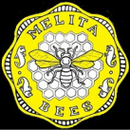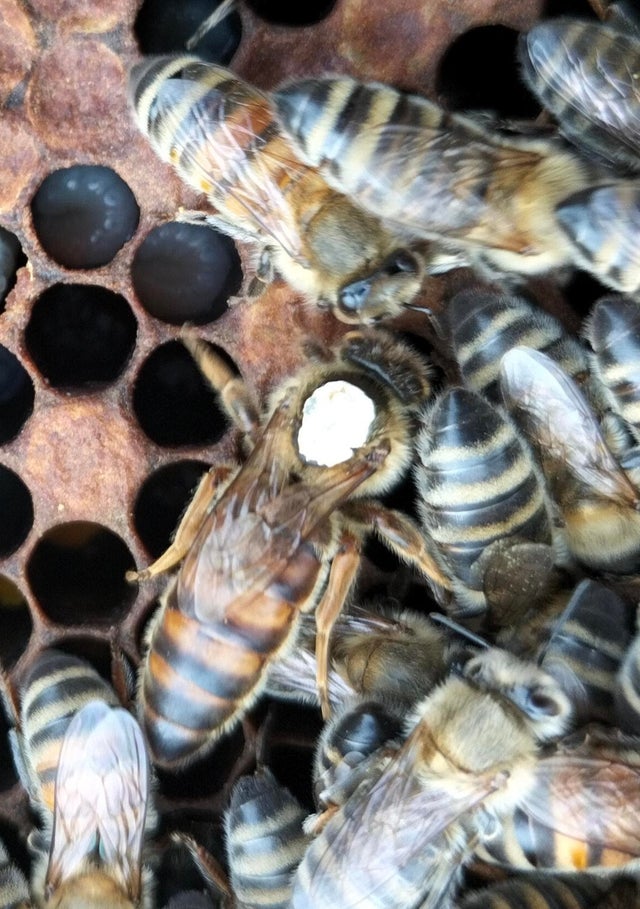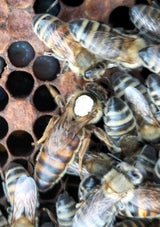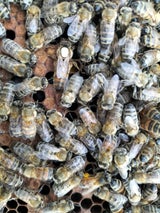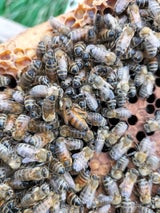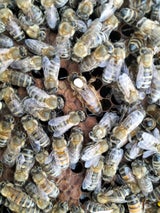- Choose Your Queen Bees by Climatic Zone
- >
- Boreal & Alpine
- >
- ELGON Queen Bees (Italian/Buckfast + Monticola/Sahariensis)
ELGON Queen Bees (Italian/Buckfast + Monticola/Sahariensis)
As African bees in South America developed resistance to Varroa in just 5 years, some Swedish beekeepers came up with the idea of obtaining reproductive material from a variety of African bees that are easy to handle and very similar to European bees (without the extremes defensive behavior of the variety brought to South America).
In March 1989 a group of four Swedish beekeepers went to Mount Elgon, Kenya, and collected drone sperm in capillary tubes and small larvae and eggs in small pieces of honeycomb. The purpose of using this breeding material was to increase the vitality and genetic variation of European bees with a "high potency natural resource". The bee breed was the Apis Mellifera Monticola, a dark and robust bee with a relatively good character and therefore easy to handle. Also in 1989 sperm and eggs from crosses between Buckfast bee and Apis Mellifera Sahariensis were brought to Sweden from Holland with the aim of avoiding inbreeding. It was easy to get good pairings with both Buckfast bees and Italian bees and the resulting bee is not a Buckfast bee, strictly speaking, but very similar, with a marked defensive behavior against varroa.
